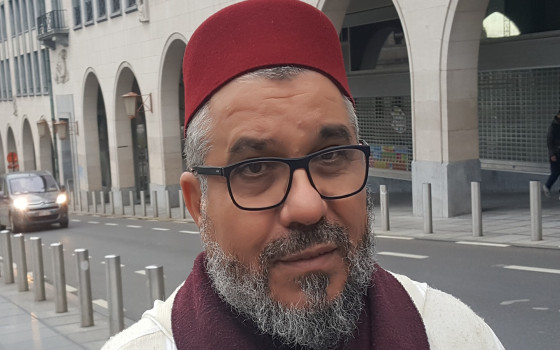
Official Report: The Moroccan Imam Al-Tujkani is not an extremist and there is not enough evidence to justify his expulsion from Belgium

- Europe and Arabs
- Wednesday , 26 April 2023 14:46 PM GMT
Brussels: Europe and the Arabs
Moroccan imam Muhammad Tojkani is not an extremist. This was stated by the body that monitors the work of the Belgian State Security Service, known as the First Committee. She added that the imam is a conservative, and has said anti-Semitic things in the past, but there is insufficient evidence to justify his expulsion.
According to media reports in Brussels over the weekend and a parliamentarian of Islamic origins publishing on social media, it stated that in January 2022, the then Minister of State for Asylum and Migration Affairs, Sami Mahdi (CD&V), decided to withdraw a residence permit. Imam Tujkani, who was traveling to Morocco at the time, was unable to return to Belgium. The imam played a leading role in the Hebron Mosque in Molenbeek. In Brussels, where a large Muslim community resides
The minister relied on a number of State Security (VSSE) memos to choose to withdraw the imam's residence permit. But the first committee, the internal security services watchdog, now argues that these notes do not provide sufficient evidence that the imam was a threat to state security. According to Le Soir newspaper report on this. Indeed, Tojkani's anti-Semitic remarks have been cited in the past. He is also described as an informant for the Moroccan intelligence services, and his anti-Western statements have also been highlighted. But there is little concrete evidence, says the first committee in its report.
The imam has been described as conservative, but not extremist. In fact, Tujkani is the person who has "always condemned terrorism and the use of violence". The First Committee maintains that, as of July 2019, it was "not necessary" to warn the authorities about Tojkani.
And when Tujkani applied for Belgian citizenship, an old ruling emerged in 2019. In a video clip a decade ago, Tujkani said, after a recent airstrike in Gaza: “O Lord, let the blood of the martyrs be a weapon under the feet of the unjust Zionists and let this blood be A blazing fire burns them and a wind chastises them.”
political decision
According to political scientist and expert on Islam Corinne Torrikens, the First Committee report was not surprising. Another judge had previously ruled that the elements in the VSSE report were not a sufficient reason not to grant Tujkani a residence permit.
To banish a person after forty years is a drastic decision. According to Turekins, a democratic system must base such a decision on grave mistakes. They are missing from the file. "It now appears that Tujkani is being treated differently because of his religion," she says.
Turekens believes this is problematic, because such decisions can ultimately encourage radicalization. "It reinforces the idea that the rule of law does not apply to Muslims, because there are two measures and two scales."
Tojkani was an important figure for Muslims in Brussels and Belgium. The ruling of the First Committee confirms Turikens in its idea that the expulsion was politically motivated, with the aim of sending a "signal".
A spokeswoman for the current Secretary of State for Asylum and Immigration, Nicole de Moor (CD&V), denies it was a political decision. It added that "all migrations are done in the light of the information received from the partner services. Procedures have been properly followed legally and have been completed."



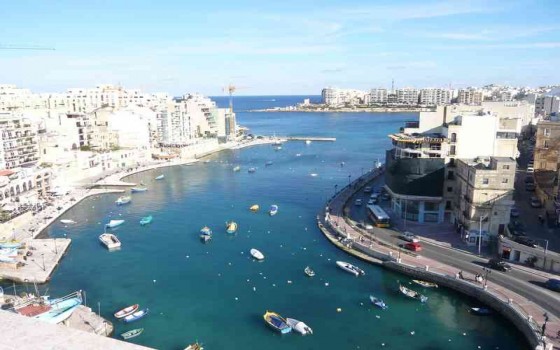



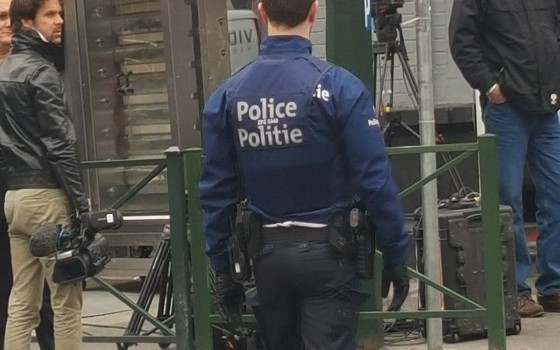
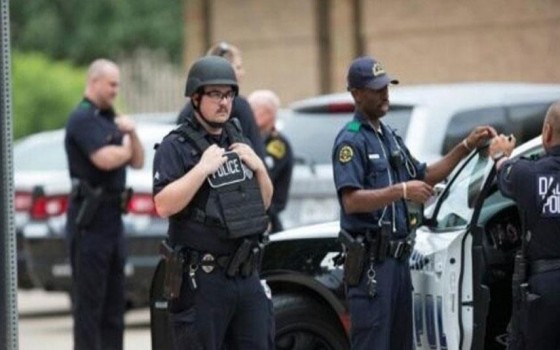
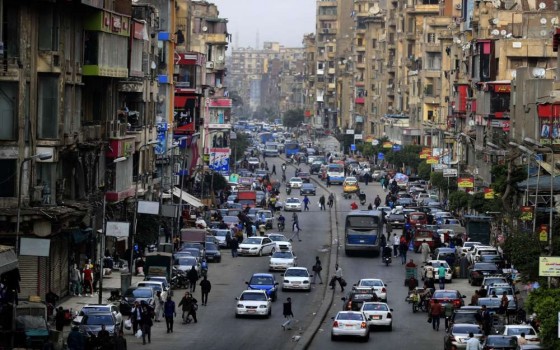
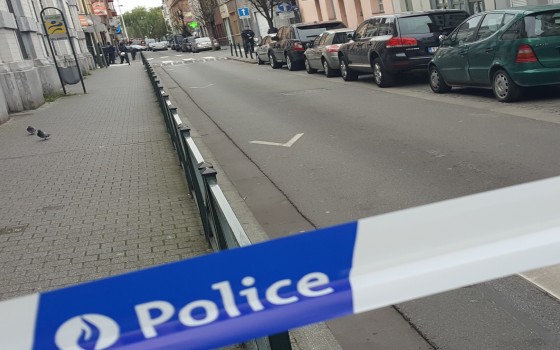

No Comments Found